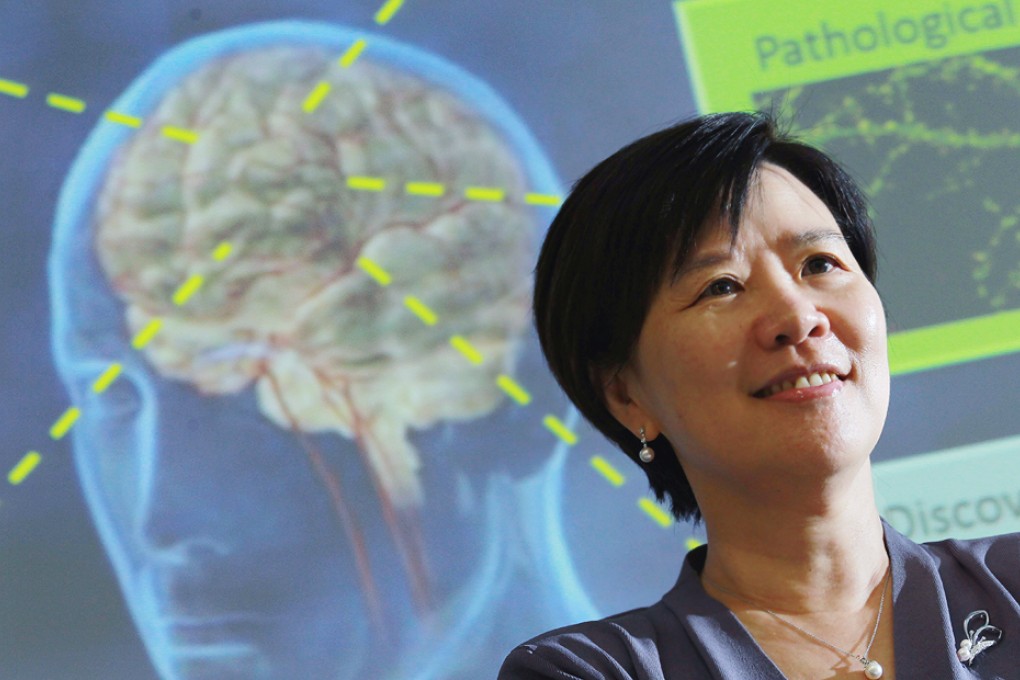Hong Kong researchers may have found way to combat Alzheimer's disease
Researchers believe they can slow disease's progress with use of molecule found in medicinal herb

Researchers believe they have found a way to slow the progress of Alzheimer's disease, one of the leading causes of death among elderly people.

The team has also identified a molecule in the Chinese medicinal herb gou teng ( uncaria rhynchophylla) that inhibits the protein's activity.
Developing a drug with the use of the molecule, rhynchophylline, could take another five to 10 years, according to Professor Nancy Ip Yuk-yu, who led the research.
"We hope our method will be able to target early abnormal changes in Alzheimer's patients and can slow the progression of the disease," she said yesterday.
In 2009, Alzheimer's disease affected about 103,000 people in Hong Kong; by 2039 it is expected to affect 332,000. Early symptoms of the disease include memory loss and a decline in thinking abilities. In its advanced stages, the disease can be fatal.